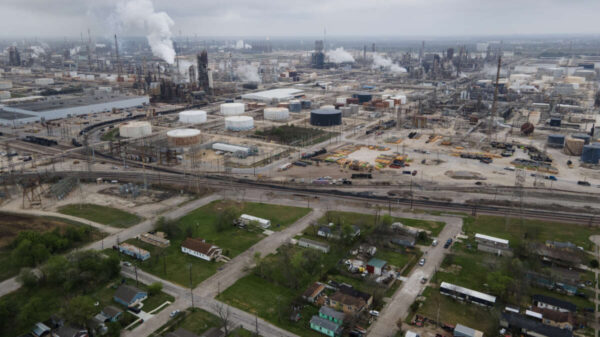The ongoing climate crisis has intensified, with significant implications for global sea levels. Recent studies indicate that ice melt from Greenland and Antarctica has quadrupled within the past few decades, raising alarms among scientists and environmental advocates. Experts warn that the repercussions of this accelerated melting could lead to devastating consequences for coastal communities worldwide.
Escalating Threats from Climate Change
According to data released by climate research organizations, ice loss in Greenland and Antarctica has surged dramatically. Satellite measurements reveal that the annual ice melt from these regions has reached unprecedented levels, with estimates suggesting a loss of approximately 8 trillion tons of ice between 1992 and 2020. This alarming trend is projected to contribute significantly to global sea level rise, which could exceed 2 meters by the end of the century if current patterns continue.
The implications of such a rise are staggering. Coastal cities like New York, Miami, and Jakarta face an increased risk of flooding, erosion, and displacement of populations. The escalating threat has prompted calls for immediate action to combat climate change, yet responses remain mixed, particularly in political circles.
Political Inaction and Its Consequences
Former President Donald Trump has faced criticism for his lack of urgency regarding climate issues during his tenure. His administration rolled back several environmental regulations, which, according to critics, undermined efforts to address climate change effectively. As sea levels continue to rise, the consequences of this indifference may become increasingly dire.
Environmental scientists emphasize that without substantial policy changes and a commitment to sustainable practices, the world may witness catastrophic events as early as the next few decades. The urgency for coordinated global action is underscored by the findings of the latest reports from the Intergovernmental Panel on Climate Change (IPCC), which warn that immediate measures are essential to mitigate the worst effects of climate change.
While discussions at international forums and climate summits have highlighted the importance of collective action, political will remains a significant barrier. As nations grapple with economic recovery post-pandemic, prioritizing climate initiatives often takes a backseat, despite the long-term benefits of sustainable development.
The current trajectory of ice melting in polar regions serves as a stark reminder of the pressing challenges ahead. Communities around the world must prepare for a future where rising seas could reshape coastlines and alter the fabric of daily life. The ongoing discourse surrounding climate action will likely intensify as more evidence emerges about the stark realities of climate change.
In summary, the alarming rate of ice melt in Greenland and Antarctica poses severe risks to global sea levels. With the potential for significant impacts on coastal regions, the need for immediate and effective climate action has never been more critical.







































































